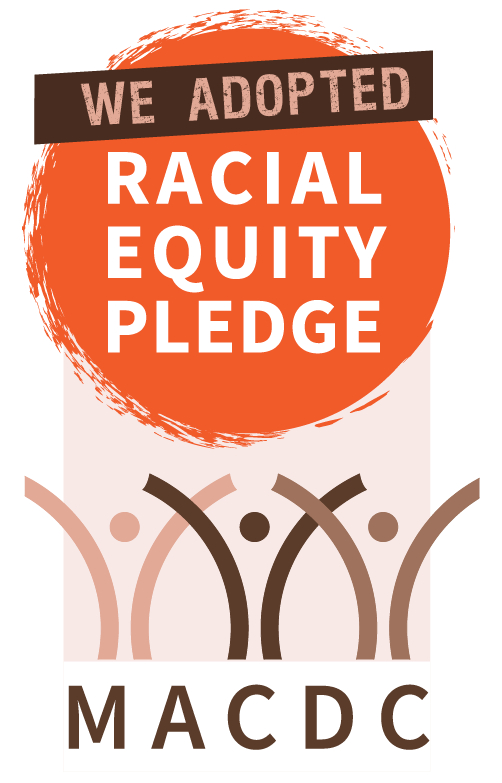Religious discrimination was one of the original four protected classes when the Fair Housing Act was passed in 1968. Religious freedom is an ideal that this country has consistently promoted and espoused, but which it has not consistently achieved. Stereotypes, generalizations, and discrimination can be harmful, and happen in housing and all other facets of life.
Dress, head coverings, or other accoutrements may identify a person with a particular religious group. Similarly, a person’s name may identify them as someone with a particular religious background. Treating people differently because of their identification with a religious group is unlawful under the Fair Housing Act and state law. Discrimination on the basis of religion also often overlaps with national origin and race discrimination.
Refusal to Rent. Unlawful practices include refusing to rent or sell an apartment to someone because of their religion. Housing providers should not ask about a tenant’s religion during a rental application process. Similarly, housing providers should not say anything like “your religion makes me uncomfortable,” “I’ve never rented to someone like you,” or “this is a good Christian home.”
Terms and Conditions. All tenants must be treated the same, regardless of their religious practices. If religious decorations are permitted for some religious holidays, they need to be permitted for other holidays as well. For example, if a tenant is allowed to place a menorah in their window, others should be permitted to place Christmas lights as well. Similarly, if tenants are allowed to play music at a reasonable volume, religious music may not be restricted.
If you believe you have been discriminated against because of your religious affiliation or background, help is available. You can complete a request for assistance from the Fair Housing Program here, or learn more about enforcing your rights here.












